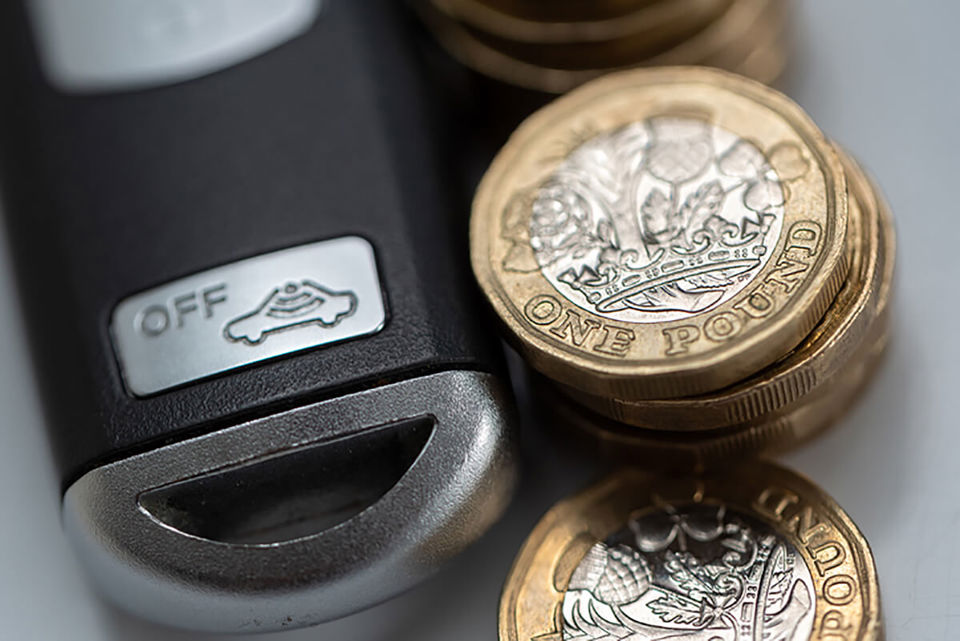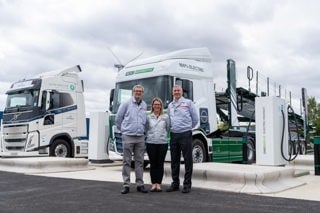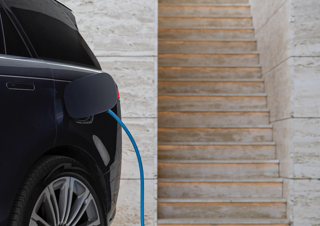Electric vehicle (EV) drivers using public charge points could be paying 20 times more than home charging rates, according to new research from Allstar.
It found the average cost to charge an EV via a home charger from October to December, compared to July to September, dropped by 3p/kWh.
Typically, a 70kWh battery could cost £19.60 to fully charge at the average cost of 28p. Public charging set drivers back an average of 70p per kWh.
However, analysis conducted by Allstar reveals that pricing varies significantly for charging at home.
The highest price recorded was 50p in the summer of 2023, which means that same vehicle would cost £35 to charge, while at the cheapest rate, 4p, it would come to less than £3.
Allstar’s AllCosts report shows that there are even bigger variances in public tariffs than there are for home charging.
In the same time period, the highest costs were recorded at £1.20, while the lowest was 17p.
Ashley Tate, managing director of Allstar Chargepass UK, said: “As an industry, we are collectively migrating to alternative power for vehicles which is a huge moment in the history of mobility.
“With that comes plenty of questions around the various running costs, so we’ve harnessed our proprietary data to provide clear insights and help drivers get a better understanding of real-life costs of electric vehicle charging, petrol and diesel.”
He explained: “For those that are opting for EVs, our inaugural edition has shown the clear cost benefits of charging at home.
“While we understand that this isn’t an option available for everyone, where possible drivers could make significant savings by charging at home compared to those using public charge points.”
Geographical implications
Analysis of average public charging costs using data held by Allstar of 69 regions throughout the UK found that driving an EV in rural areas is often either more expensive than urban ones, or the cheapest in the country. Among the 10 cheapest areas for charging were Norfolk, Cornwall, Belfast, Orkney and the Isle of Wight.
Of the top ten of most expensive areas to charge, Bristol was the only urban centre, with Scottish areas heavily represented too. Greater London is the busiest area for plugging in, with more than four times as much public charging than the next highest, Greater Manchester.
Tate continued: “We’ve provided the pence-per-mile figures of cars and vans in the report based on our real-life electric and fuel costs so that businesses and fleets can see our estimated indicative costs of various cars and vans models, however they choose to power them.
“We’ll keep a close eye on these figures and keep reporting on the latest trends.”
Allstar's analysis comes after separate analysis from Zapmap showed that the overall cost of charging a EV on the public network increased by 11% over the past year.
Allstar’s AllCosts report will be released quarterly throughout the year to provide insights for fleets as they navigate the transition away from internal combustion engine (ICE) vehicles.























Login to comment
Comments
No comments have been made yet.